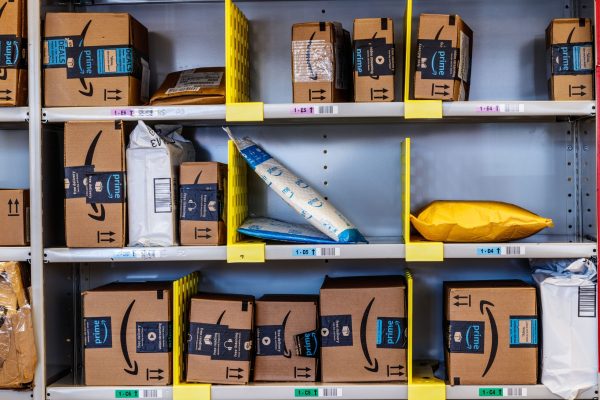Figures released as part of an annual Supply Chain Resilience Report published by HUBS, global leaders in distributed manufacturing, reveal that in 2021, 56% of businesses saw more disruption to their supply chain than in the year previous.
During the course of what was for many individuals a hurdle-race of a year, companies around the world were also challenged with overcoming obstacle after obstacle in a bid to maintain seamless operation. Insurance brokerage, Gallagher report that in the UK alone companies experienced serious supply chain disruption six times on average last year, resulting in 36% reluctantly electing to temporarily close divisions of their business at a cost of £9.3bn.
Amidst the uncertainty of the ongoing Coronavirus pandemic and the subsequent impact caused by significant staff shortages, organisations were faced with a mounting number of additional issues that threatened to further disrupt their supply chain.
Energy crises, Brexit’s impact on border regulations, congestion and disruption at ports, political instability overseas, and environmental issues, to name just a few of the impediments encountered by businesses, saw 98% of global companies investing in means to enhance the resilience of their supply chain. As incidences such as the Suez Canal blockage in March 2021 saw supply chains narrow, organisations were seeking new ways to broaden their horizons.
Supply chain disruption in 2022
As we progress into 2022, business leaders predict further disruption to supply chains, effecting above all the IT, healthcare and construction sectors. Yet, globally, only 37% of companies have implemented any preventative measures to mitigate risk to their supply chains.
Those that have adopted new strategies to combat the growing issue hail diversification as the key to ensuring resilience – but what do they mean by this?
Diversifying your supply chain
Supply chain diversification is a strategy used to manage and minimise risk. In order to diversify, businesses broaden their network of suppliers so that in the event that a supplier within the chain encounters difficulties, the organisation can source materials or employ services from an alternative contact. Whilst introducing multiple suppliers into a supply chain can be a complex procedure, it offers flexibility and ultimately an added layer of security that serves to minimise supply chain volatility.
But it’s far more than throwing a few more people into the mix; in order to benefit and derive value from diversification, proper management and a consolidated strategy must be ensured.
Implementing automation within the supply chain will not only serve to simplify this otherwise intricate process, but it also saves time and allows attention to be redirected towards other areas that may require development. That’s because automation grants organisations more autonomy and greater visibility across the supply chain by offering quick, proactive resolutions, encouraging compliance with altering regulations, and enhancing performance.
How Sprint Logistics can help
Does this all sound a bit overwhelming? Diversifying your supply chain doesn’t have to be a stressful, time consuming process, particularly with Sprint Logistics on hand to offer advice and expertise. Outsourcing your logistics process to us will not only alleviate the burden of managing a more complex, diversified supply chain, but will free up invaluable time that could be put to better use. For help with making your supply chain more resilient get in contact, today.




